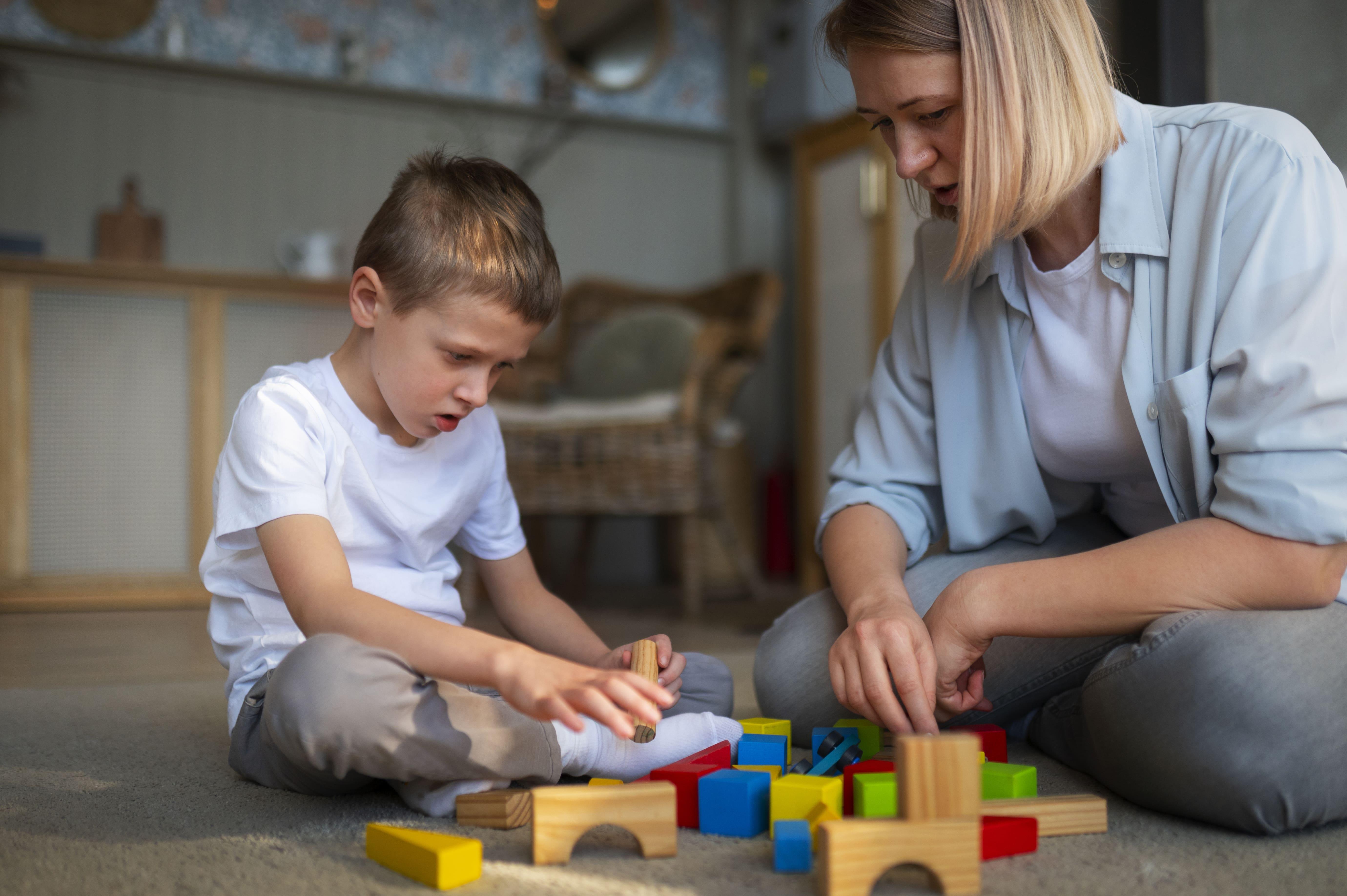Early intervention has become one of the most powerful tools in supporting children with autism and helping them develop essential skills for communication, learning, and social interaction. When therapy begins early, the brain is more adaptable, allowing children to acquire new behaviors, emotional patterns, and life skills more effectively. Many families today are seeking guidance on what early intervention involves and how it contributes to the Best Autism Treatment in India. To explore more about structured support options, visit Best Autism Treatment in India.
Autism affects each child differently. Some may show signs such as delayed speech, lack of eye contact, repetitive behaviors, or sensitivity to sounds and textures. Others may have advanced abilities in certain areas but struggle in communication or social engagement. Recognizing these signs early helps caregivers seek timely assessments from specialists. Early diagnosis does not define a child's future. Instead, it opens the door to customized therapy that can significantly improve developmental outcomes.
Early intervention typically begins between the ages of one and five, although support is beneficial at any age. The goal is to identify the child’s strengths and challenges and create a structured plan that targets communication, social interaction, cognitive development, motor skills, and emotional wellbeing. These plans combine multiple therapies, creating a holistic approach that has become a core element of the Best Autism Treatment in India.
Behavioral therapy is one of the primary methods used during early intervention. It helps children learn new behaviors through repetition, reinforcement, and structured activities. Therapists work with children to build skills like attention, imitation, communication, and play. They also help reduce behaviors that interfere with learning, such as tantrums or difficulty transitioning between activities. Because young children learn naturally through play, behavioral therapy sessions often feel fun and engaging.
Speech and language therapy is equally important during early intervention. Many children with autism face challenges in expressing themselves or understanding others. Speech therapists use storytelling, visual prompts, games, and interactive exercises to help children improve vocabulary, sentence formation, and communication clarity. Some children begin with nonverbal communication methods such as picture cards or gestures, gradually progressing to spoken language as their skills develop.
Occupational therapy supports the development of fine motor skills, coordination, and sensory processing. Young children may struggle with tasks such as holding a pencil, buttoning clothes, or responding to certain textures or noises. Occupational therapists guide them through sensory rich activities that help regulate their responses and improve daily functioning. These improvements make learning environments more manageable and enjoyable.
Early intervention also focuses on social skills. Social interaction is often one of the first areas where caregivers notice signs of autism. Children may avoid eye contact, prefer solitary play, or have difficulty understanding facial expressions. Through structured social skills groups or one on one sessions, therapists help children learn how to share, take turns, recognize emotions, and engage in meaningful interactions. These skills become the foundation for smoother integration into school and community settings.
Parents play an essential role in early intervention. One of the key components of the Best Autism Treatment in India is family involvement. Therapists guide parents on how to reinforce skills at home through everyday routines. For example, mealtime can become an opportunity for communication practice. Bath time can help reinforce sensory tolerance. Playtime can encourage social and cognitive development. When parents become active partners in therapy, progress accelerates and becomes more consistent.
Structured early learning programs also contribute significantly. These programs focus on school readiness skills such as following instructions, understanding classroom routines, sitting for circle time, and interacting with peers. Trained educators create supportive learning environments tailored to each child’s developmental level. Visual aids, predictable schedules, and flexible teaching methods help children feel secure and motivated.
Physical therapy may also be included in early intervention. Some children with autism have delayed motor development or challenges with balance. Physical therapists use exercises and play based activities to strengthen muscles, improve posture, and enhance coordination. These improvements support better overall participation in everyday activities.
Nutrition and lifestyle guidance are increasingly becoming part of early intervention strategies. Some children with autism may have selective eating habits, digestive issues, or sensitivity to certain food textures. A balanced diet supports stable energy levels, better focus, and improved overall wellbeing. Nutritionists can help families create meal plans that meet the child’s needs while supporting healthy development.
Emotional and psychological support ensures that children feel safe and confident during therapy. Young children often experience frustration when they cannot express themselves. Therapists and counselors use play based approaches to help children understand emotions, build resilience, and develop coping strategies. When children feel emotionally supported, they engage more willingly in therapy activities.
Technology has become a valuable tool in early intervention. Educational apps, communication devices, sensory tools, and visual learning systems make therapy sessions more interactive and accessible. These tools help children practice skills at home and provide caregivers with additional ways to support development.
The long term benefits of early intervention are significant. Children who receive support early often show improvements in communication, learning speed, social participation, and independence. These early gains create a strong foundation for school, friendships, and future emotional growth. Even as children grow older, the skills learned in early intervention continue to shape their ability to navigate daily life.
Early intervention is not a one size fits all approach. It is a flexible, evolving process that adapts to each child's progress. Regular assessments ensure that therapy plans remain effective and relevant. This personalized, integrated, and family involved model is what defines the Best Autism Treatment in India.
For families exploring structured support options, detailed guidance is available through Best Autism Treatment in India.



